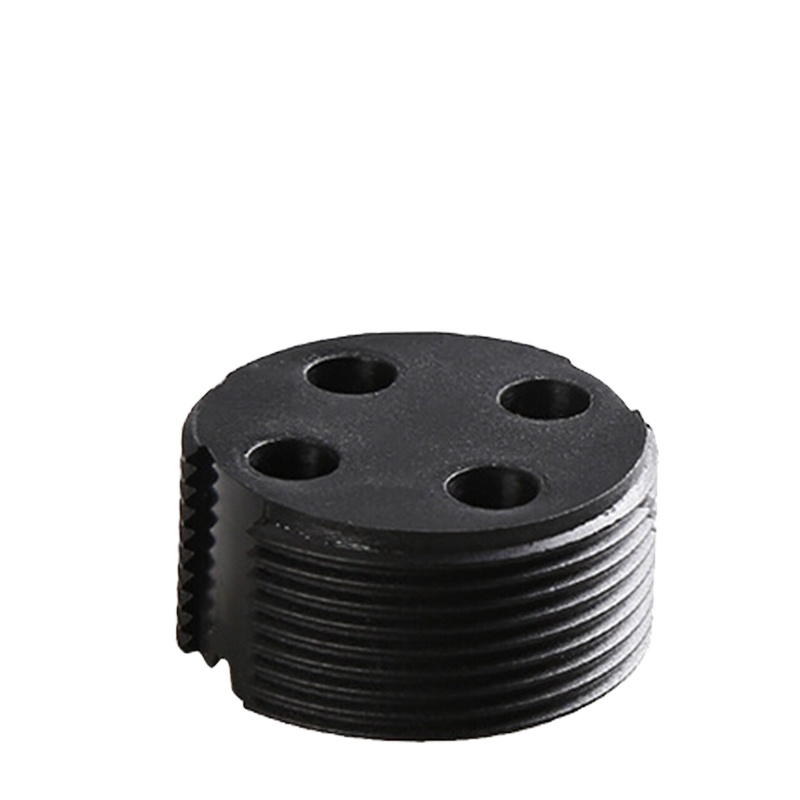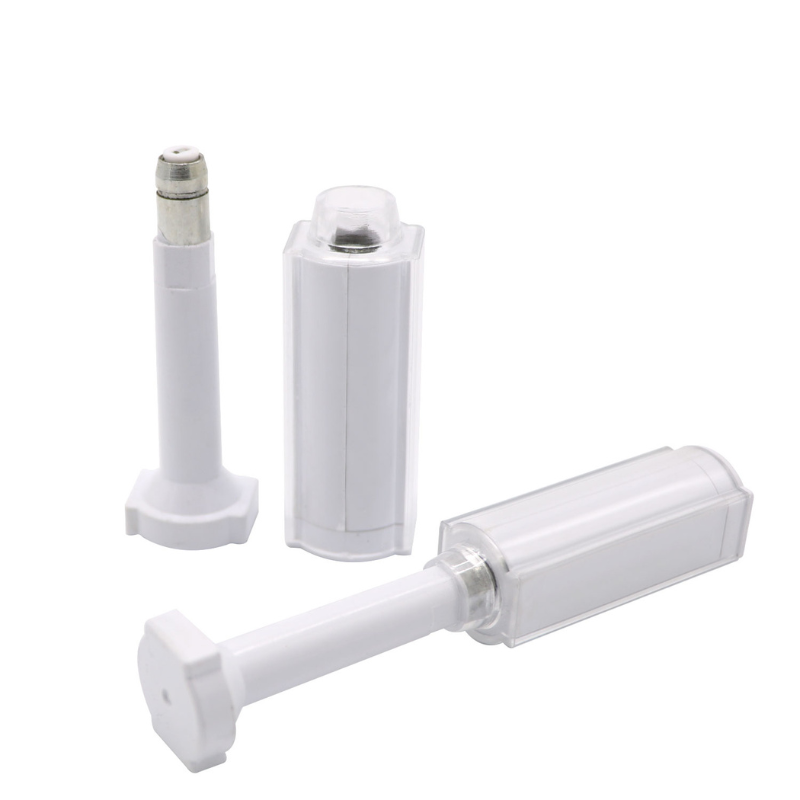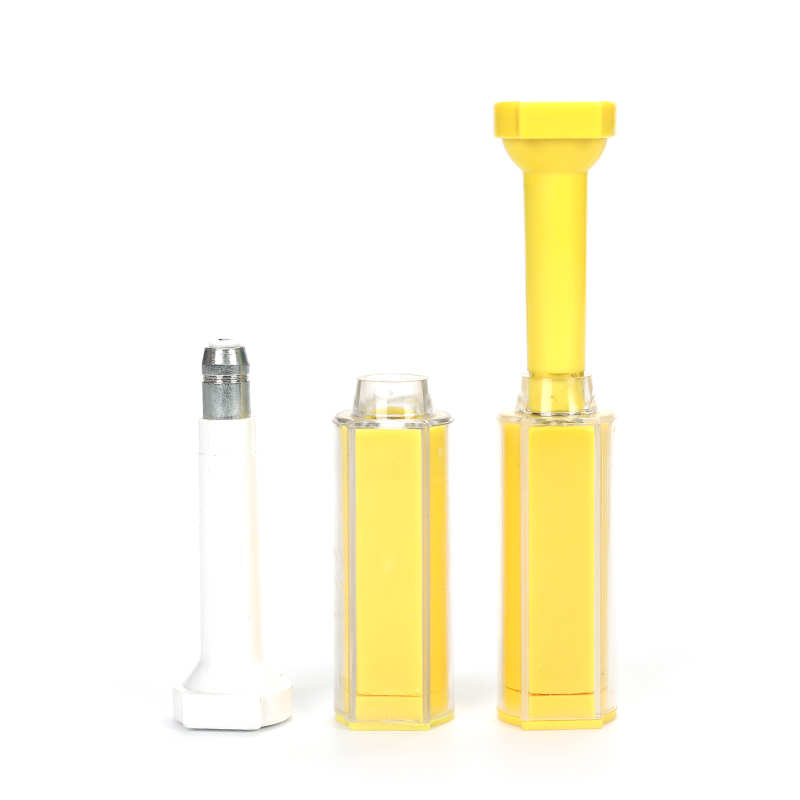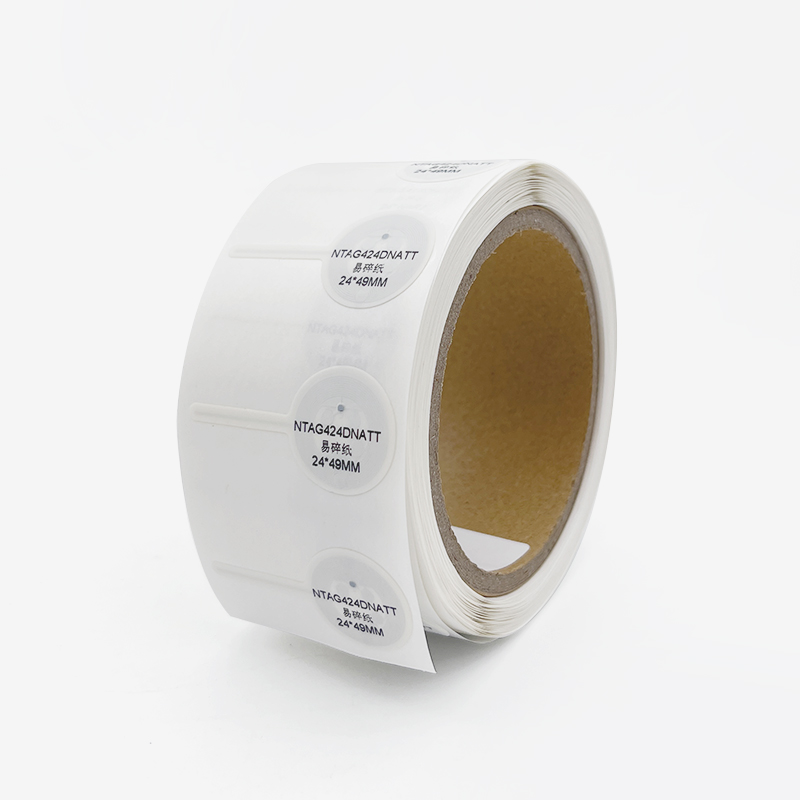
Kako RFID radi u upravljanju skladištem?
Sadržaj
Kako RFID transformira upravljanje skladišnim zalihama
RFID (radiofrekvencijska identifikacija) je stigla – moćna tehnologija koja revolucionira upravljanje skladištima putem praćenja u stvarnom vremenu, automatizacije i poboljšane točnosti.
U ovom vodiču naučit ćete:
- Kako RFID radi u skladišnim okruženjima
- Ključne prednosti u odnosu na crtične kodove
- Kako to uspješno provesti
- Izazovi i rješenja iz stvarnog svijeta
- Budući trendovi u RFID-u i IoT-u za logistiku
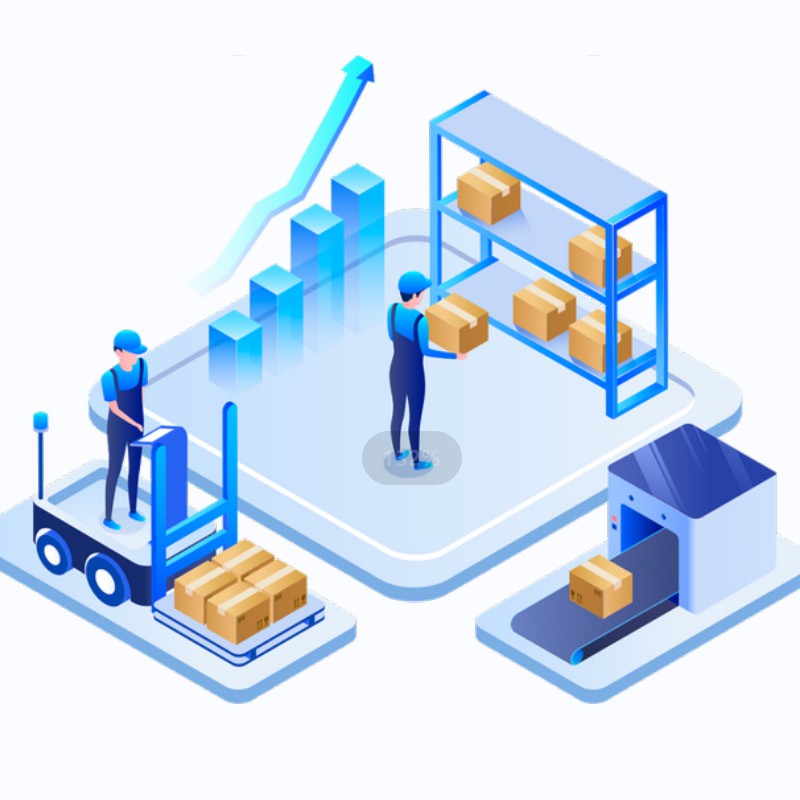
Što je RFID i kako radi u upravljanju skladištem?
RFID je bežični sustav identifikacije koji koristi radio valove za praćenje predmeta. Svaki predmet u vašem skladištu opremljen je RFID oznakom koja prenosi podatke na RFID čitač. Taj čitač šalje informacije vašem sustavu za upravljanje skladištem (WMS), dajući vam pregled lokacije i kretanja predmeta u stvarnom vremenu.
Za razliku od crtičnog koda, RFID oznake ne zahtijevaju optičku vidljivost, a više oznaka može se skenirati istovremeno, čak i preko ambalaže ili paleta.
Želite li odabrati prave oznake za svoju konfiguraciju? Istražite našu RFID oznake za skladišnu upotrebu.
Zašto koristiti RFID u upravljanju skladištem?
RFID nadilazi kontrolu zaliha—transformira poslovanje.
Ključne prednosti:
- Praćenje zaliha u stvarnom vremenu – uvijek znate što je na zalihi i gdje se nalazi.
- Veća preciznost – smanjuje ljudske pogreške tijekom inventure i skupljanja narudžbi.
- Povećana učinkovitost – pročitajte stotine oznaka u sekundi.
- Niži troškovi rada – automatizirajte zadatke poput skeniranja i unosa podataka.
- Povećana vidljivost – integrirajte se s ERP sustavima za potpuni nadzor lanca opskrbe.
“RFID automatizira ono što je nekada zahtijevalo sate ručnog rada—omogućujući tvrtkama bržu i pametniju kontrolu zaliha.”
Kako RFID poboljšava točnost inventara
Ručni procesi su spori i skloni pogreškama. Sustavi s crtičnim kodovima zahtijevaju skeniranje svake oznake pojedinačno, što često dovodi do propuštenih ili pogrešno očitih stavki.
Uz RFID, popisi zaliha su automatizirani i gotovi gotovo trenutačno. Svaki predmet označen RFID etiketom ažurira središnju bazu podataka dok se kreće, ulazi ili izlazi iz skladišta, čime se uklanjaju razlike i sprječava nedostatak ili višak zaliha.
RFID naspram crtičnog koda: što je bolje za upravljanje vašim skladištem?
I RFID i crtični kodovi imaju svoje mjesto u upravljanju skladištem, ali RFID pruža jasne prednosti:
| Značajka | RFID | Crtični kod |
|---|---|---|
| Prava vidljivost | Nije potrebno | Potreban |
| Simultano skeniranje | Više oznaka odjednom | Jedan po jedan predmet |
| Izdržljivost | Oznake su za višekratnu upotrebu i izdržljive | Etikete su sklone oštećenjima |
| Kapacitet podataka | visoko | ograničeno |
Dok su crtični kodovi isplativi za manje operacije, RFID tehnologija ističe se u okruženjima koja zahtijevaju automatizaciju i skalabilnost.
Kako implementirati RFID u upravljanje skladištem
Implementacija RFID-a ne mora biti složena. Slijedite ove ključne korake:
- Procijenite svoje potrebe – identificirajte uska grla koja RFID može riješiti (npr. pogreške pri odabiru, sporo prebrojavanje zaliha).
- Odaberite odgovarajuću opremu – odaberite ispravne RFID oznake i čitače na temelju vrsta vaših proizvoda i polica.
- Lokacije čitača karata – postavite čitače u ključne zone: prijem, branje, priprema i otpremu.
- Integrirajte se sa softverom – osigurajte da vaš WMS može obraditi unos i izlaz RFID podataka.
- Obucite svoj tim – RFID je jednostavan za korištenje, ali osoblje bi trebalo razumjeti proces i alate.
Savjet: Započnite s pilot-područjem u skladištu prije potpunog uvođenja.
Razmatranje troškova za implementaciju RFID-a
Trošak implementacije RFID-a ovisi o raznim čimbenicima, uključujući veličinu skladišta, vrstu potrebnih oznaka i čitača te razinu integracije s postojećim sustavima. Iako početni troškovi mogu biti viši nego kod barkodova, dugoročne uštede zahvaljujući poboljšanoj učinkovitosti i smanjenom radnom opterećenju čine RFID isplativom investicijom.
Izazovi i nedostaci korištenja RFID-a
Unatoč svojim prednostima, RFID dolazi s nekim izazovima:
- Početni trošak: Postavljanje RFID sustava može biti skupo, osobito za mala poduzeća.
- Smetnje: Na radio valove mogu utjecati metali ili tekućine, što utječe na performanse.
- Kompatibilnost: Integracija RFID-a s postojećim sustavima može zahtijevati dodatna ulaganja.
Razumijevanje ovih nedostataka korištenja RFID-a može pomoći tvrtkama da se pripreme za lakši proces implementacije.
RFID i automatizacija skladišta
RFID je kamen temeljac moderne automatizacije skladišta. Omogućuje:
- Automatska prijava/odjava robe
- Skeniranje paleta bez upotrebe ruku
- Automatski obavijesti o niskim zalihama ili pogrešno postavljenim predmetima
- Integracija s robotikom i IoT uređajima
Automatizacija potaknuta RFID-om pomaže smanjiti ručni rad, povećati protok i optimizirati korištenje resursa.
Budući trendovi u RFID tehnologiji za upravljanje skladištem
Kako tehnologija napreduje, RFID postaje sve sofisticiraniji. Trendovi u nastajanju uključuju:
- Integracija s IoT: Povezivanje RFID sustava s IoT uređajima za poboljšanu vidljivost.
- Analitika vođena umjetnom inteligencijom: Korištenje RFID podataka za predviđanje potražnje i optimiziranje razine zaliha.
- Održivost: Razvoj ekološki prihvatljivih RFID oznaka i rješenja.
Ova poboljšanja naglašavaju rastuću važnost RFID-a za upravljanje zalihama u modernim skladištima.
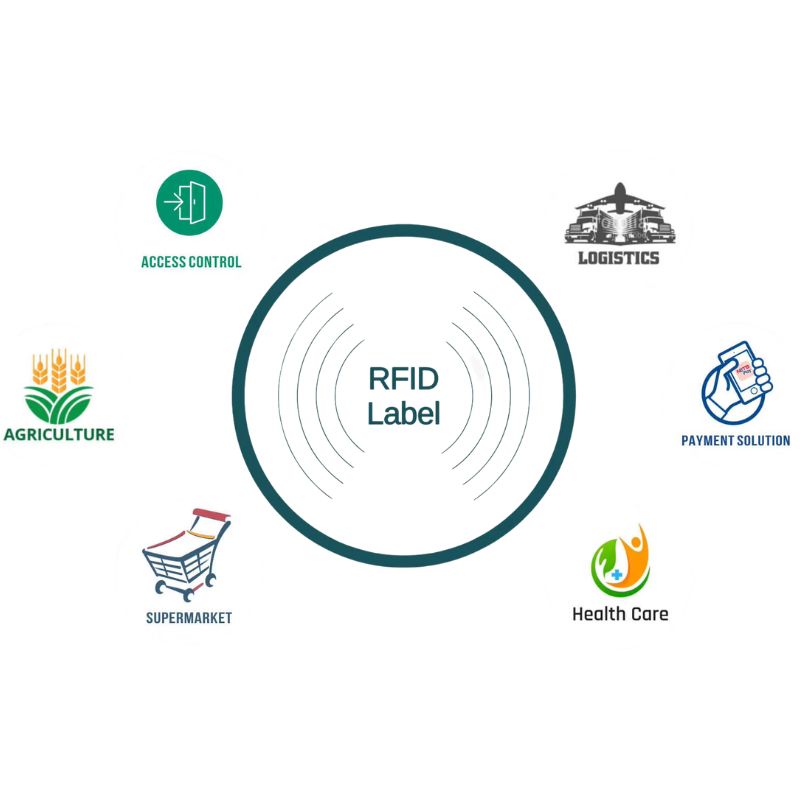
FAQ
Kako RFID poboljšava upravljanje skladištem?
RFID poboljšava učinkovitost automatiziranjem procesa praćenja, smanjenjem ljudske pogreške i pružanjem podataka o inventaru u stvarnom vremenu.
Koliki su troškovi povezani s implementacijom RFID-a?
Troškovi variraju ovisno o veličini skladišta i složenosti sustava, ali uključuju oznake, čitače i softver.
Može li RFID zamijeniti bar kodove u skladištima?
Dok RFID nudi naprednije mogućnosti, crtični kodovi ostaju troškovno učinkovito rješenje za manje operacije.
Koji su izazovi korištenja RFID-a?
Uobičajeni izazovi uključuju početne troškove, moguće smetnje i probleme integracije sustava.
Kako RFID može pomoći u upravljanju opskrbnim lancem?
RFID poboljšava vidljivost opskrbnog lanca pružajući točne podatke u stvarnom vremenu, optimizirajući upravljanje zalihama i poboljšavajući sljedivost.
Jeste li spremni za nadogradnju skladišta?
Istražite naš cjelokupni asortiman:
RFID nije samo tehnološko unapređenje—to je prekretnica za vašu profitabilnost.
Dopustite da vam pomognemo pronaći pravo rješenje za vaš skladišni prostor. Kontaktirajte nas sada
Komentari
Vrući proizvodi
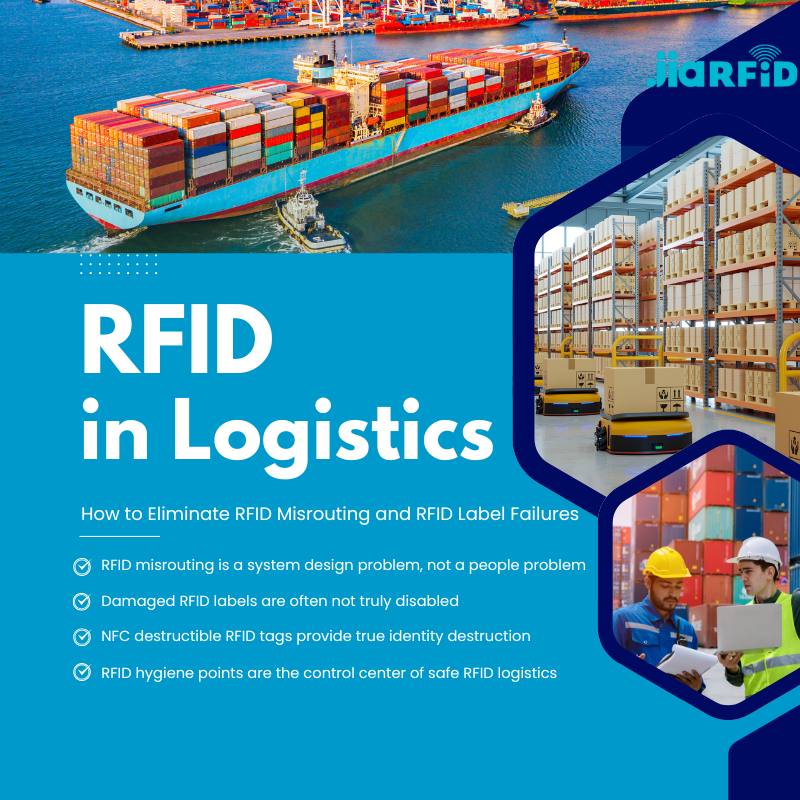
RFID u logistici: Kako ukloniti pogrešno usmjeravanje RFID-a i kvarove RFID etiketa
RFID u logistici više je od pukog alata za ubrzanje procesa. Postao je ključni dio načina na koji moderne opskrbne lance funkcioniraju.
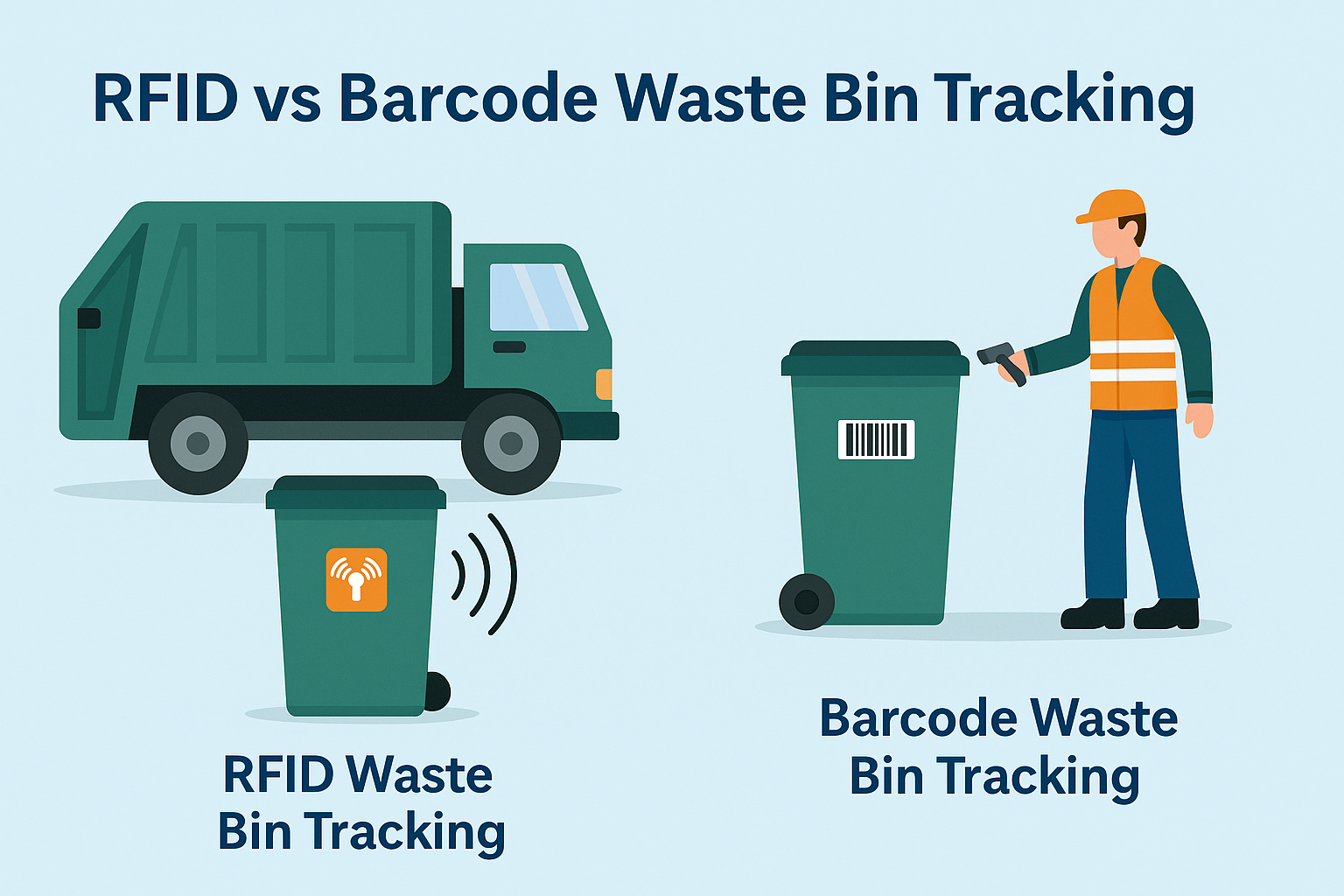
Što je upravljanje otpadom pomoću RFID-a
Zamislite grad u kojem svaki kanti za smeće govori — ne doslovno — nego putem malog čipa koji sustavu javlja kada je pun, kada je ispraznjen i kamo je odvezen. To je ono što RFID upravljanje otpadom danas radi.
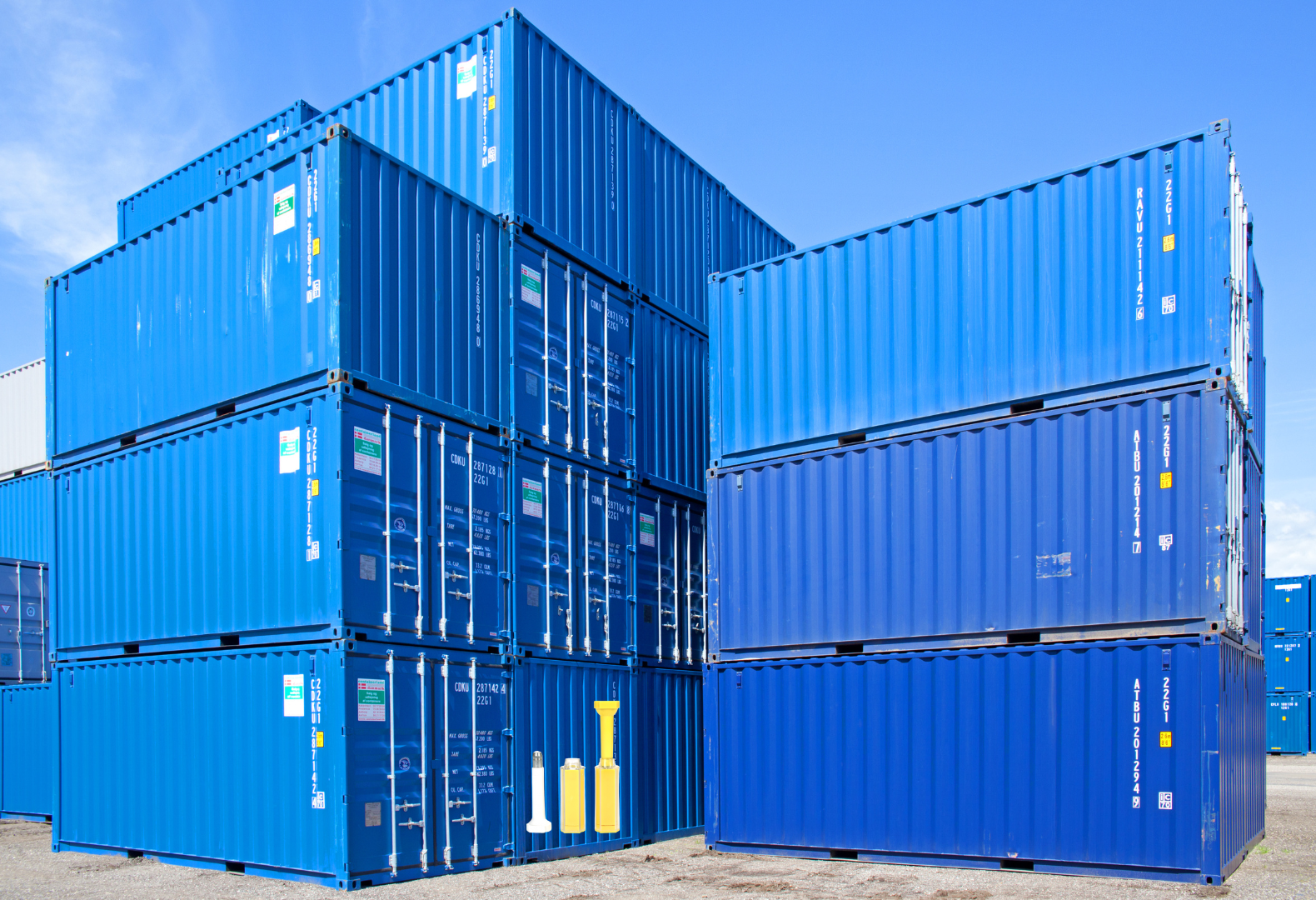
Što su Bolt Seals i njihove primjene? | Potpuni vodič
U globalnoj trgovini i logistici, boltni pečati igraju ključnu ulogu u osiguravanju sigurnosti tereta i usklađenosti. Ovi mali, ali moćni uređaji dizajnirani su za zaključavanje transportnih kontejnera, prikolica i vrata tereta pomoću mehanizma koji otkriva neovlašteni pristup.
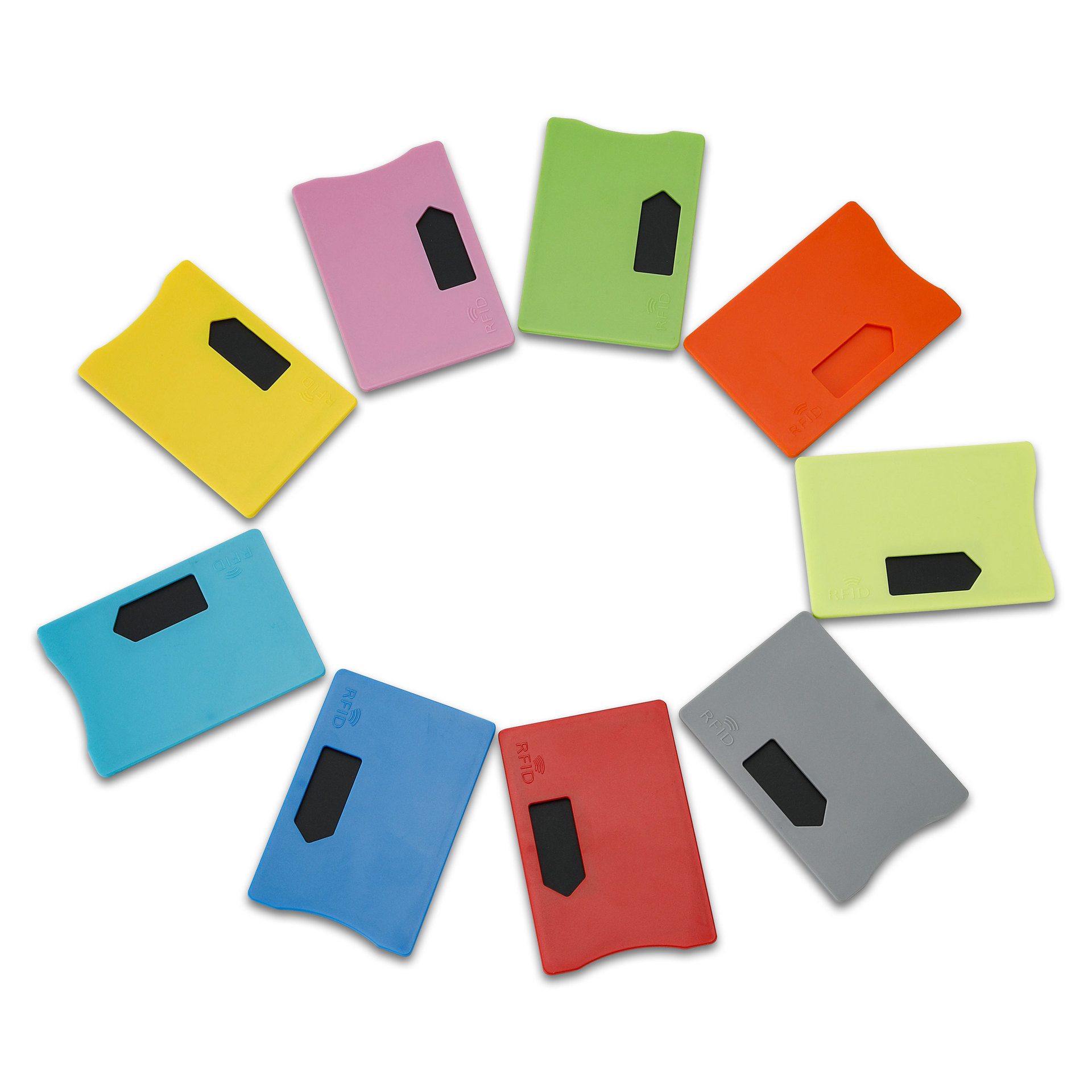
Što je zaštitnik RFID kartice? Prednosti, primjeri upotrebe i vodič za kupnju
RFID tehnologija (radiofrekvencijska identifikacija) prisutna je posvuda: u vašim kreditnim karticama, iskaznicama, prijevoznim karticama, ključevima hotelskih soba i još mnogo toga. Pruža brzinu i praktičnost, ali također otvara vrata novoj vrsti digitalne krađe nazvanoj “skimming”. Tu na scenu stupa zaštitnik RFID kartica.

RFID narukvice za događaje: Vodič za organizatore pri kupnji na veliko
RFID narukvice za događaje postaju omiljeno rješenje za organizatore kojima je potreban brži ulazak, sprječavanje prijevara i beskontaktno plaćanje na koncertima, festivalima i sportskim objektima. Za razliku od papirnatih ulaznica ili QR kodova, ove pametne narukvice koriste ugrađene čipove za pojednostavljenje pristupa, sigurnost transakcija i poboljšanje iskustva gostiju.
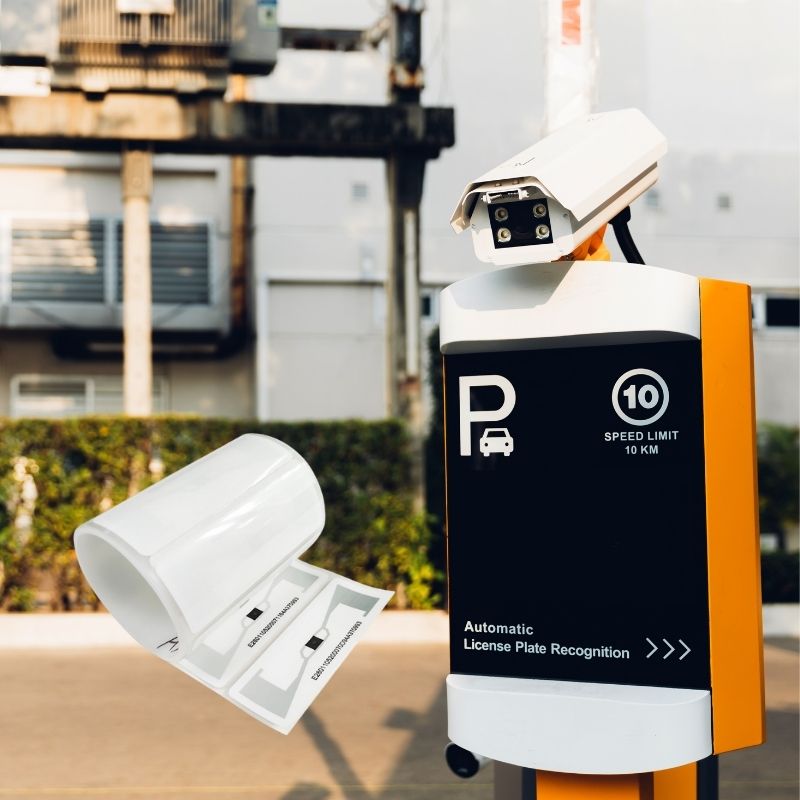
Kako RFID oznaka na vjetrobranskom staklu poboljšava kontrolu pristupa vozilu i sustave naplate cestarina
U današnjem brzom svijetu identifikacija vozila mora biti brza, sigurna i beskontaktna. RFID oznaka na vjetrobranskom staklu pruža upravo to — pouzdan način naplate cestarina, parkiranja i kontroliranog pristupa bez zaustavljanja vozila.
oznake
POVEZANI BLOGOVI

RFID u logistici: Kako ukloniti pogrešno usmjeravanje RFID-a i kvarove RFID etiketa
RFID u logistici više je od pukog alata za ubrzanje procesa. Postao je ključni dio načina na koji moderne opskrbne lance funkcioniraju.

Što je upravljanje otpadom pomoću RFID-a
Zamislite grad u kojem svaki kanti za smeće govori — ne doslovno — nego putem malog čipa koji sustavu javlja kada je pun, kada je ispraznjen i kamo je odvezen. To je ono što RFID upravljanje otpadom danas radi.

Što su Bolt Seals i njihove primjene? | Potpuni vodič
U globalnoj trgovini i logistici, boltni pečati igraju ključnu ulogu u osiguravanju sigurnosti tereta i usklađenosti. Ovi mali, ali moćni uređaji dizajnirani su za zaključavanje transportnih kontejnera, prikolica i vrata tereta pomoću mehanizma koji otkriva neovlašteni pristup.


